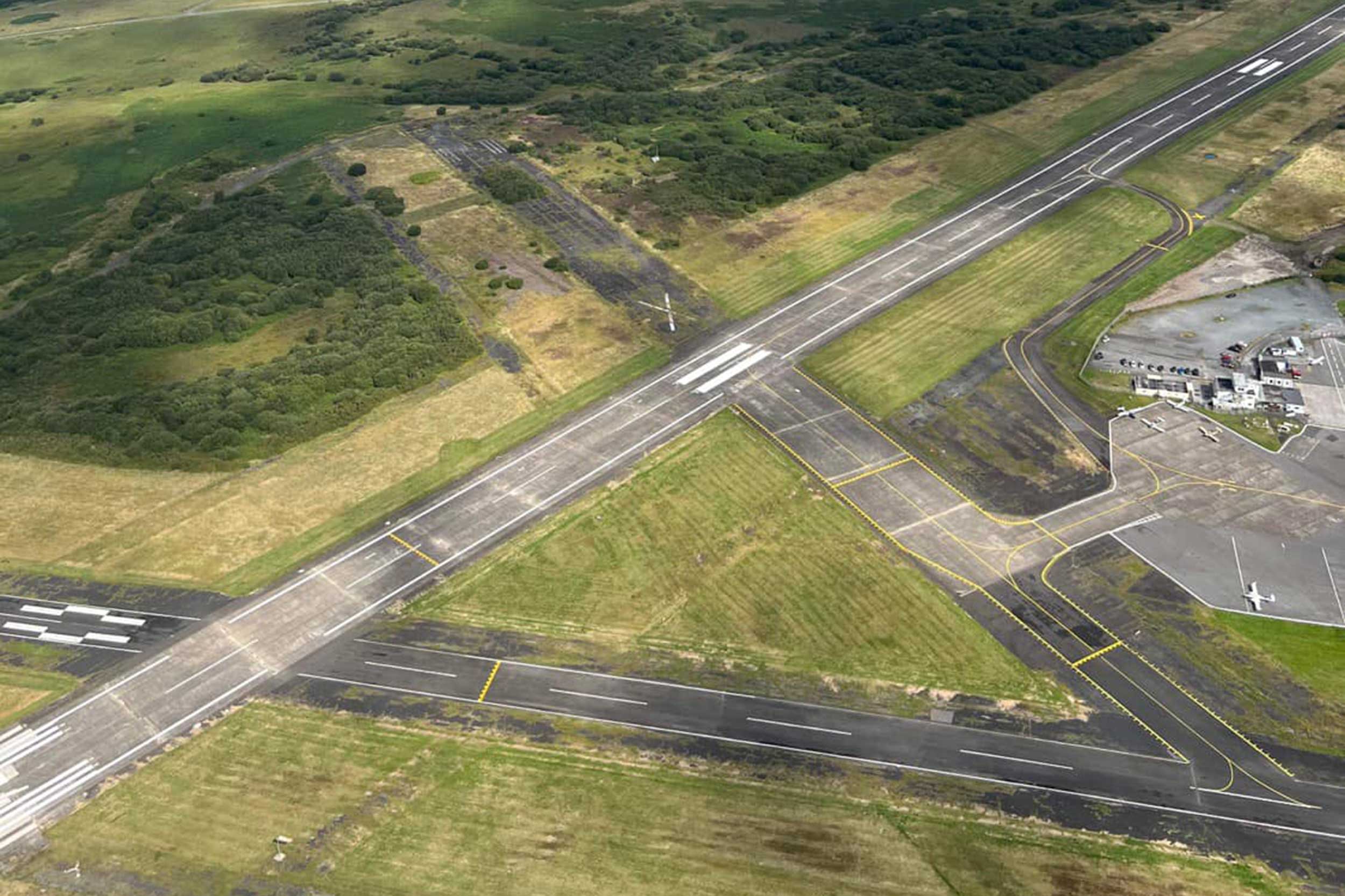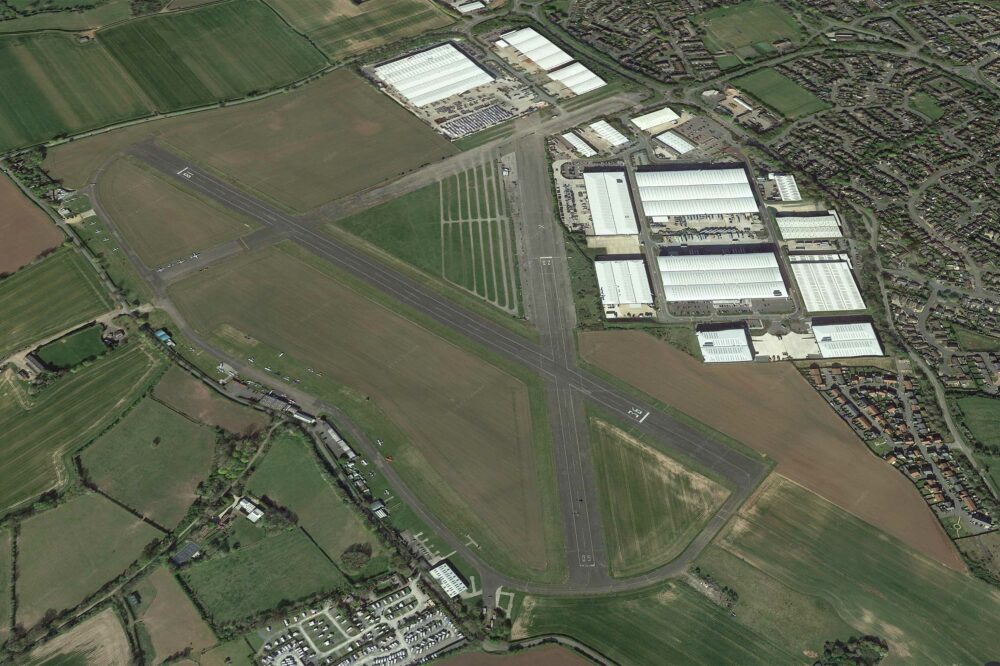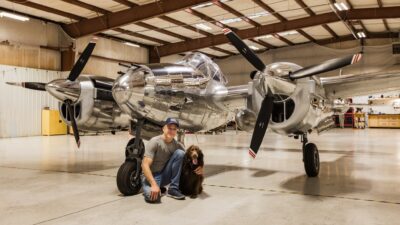Airfields around the UK need help and advice from professionals more than at any time, and that work often comes down to the team of volunteers at the General Aviation Awareness Council (GAAC).
But GAAC is struggling to fund its work and has launched a campaign to raise cash, the Save Our Airfields Campaign. Click here to read more and donate.
John Gilder, GAAC Vice-Chair for Planning, and his team including Ann Bartaby and Richard Vousden, have completed or are still working on various projects for airfields around the UK.
“We want to continue this work but need funds to do so. We do not receive any central government support and rely on donations from those wanting to support General Aviation in the UK, and specifically the survival of our airfields for future generations,” said the team.
A recent GAAC Board Report focused on the GAAC workload which often goes ‘under the radar:
GAAC has been advising an airfield close to London as new transport infrastructure is likely to impact operations and the needs of the airfield had not been properly taken into account. This also involved GAAC trying to meet the relevant minister on site – these things are often cancelled at short notice, so require perseverance!
GAAC has been following the planning progress advising the airfield of developments and where/when they needed to object. Many airfield owners are too busy to keep an eye on these things themselves, and do not have the required knowledge, experience or contacts.
In another case an airfield has new owners who are using it as a testing ground for cars and has made the runway smaller and resurfaced that part saying they are supporting the continued operation of GA.
Often ‘undertakings’ are used to gain permission for development and GAAC wants to help the GA community there ensure any undertakings are carried through.
At a proposed new airfield GAAC was approached by the owners relating to getting planning approvals in the face of vociferous and often aggressive local opposition. In this case the planning refusal exaggerated one aspect pulled from a planning officer’s report and it was advised that this should be appealed. The big issue is funding an appeal.
At another airfield east of London there has been significant development work but the project planning was flawed causing severe difficulty for the airport operator, which leases the airport site from the Local Council owner. A dispute has arisen over rent levels charged given the restriction on ability to generate revenue. GAAC has been involved for a long time in helping to bring the parties to a mutual agreement.

Recently an airfield in Wales has become somewhat run-down raising the ire of the aviation community as well as local residents. Even the local press is now showing interest.
GAAC is supporting a positive outcome where the airport can become more of an economic asset for its area once more, although the incumbent who leases it from the Local Council doesn’t want to engage in meaningful discussion. Meanwhile the Council seems reluctant to force progress so that a new tenant can come in to manage and develop this asset properly.
GAAC and the GA APPG objected on ‘Network of Airfields’ grounds but the local Council’s planner advised that the National Planning Policy Framework does not apply to planning Decisions, only ‘Policy’. GAAC has been very involved alongside the APPG in NPPF developments and in particular in highlighting that erroneous interpretation cannot be used to brush over what is the first glimmer of proper legal protection for airfields.
At a certain Midlands airfield faced with closure, it has become earmarked as a good site for a massive battery ‘Gigafactory’ even though no user has been found for such a facility yet. GAAC aims to support the local GA community in highlighting the absurdity of this approach.
GAAC has been involved in a seemingly ridiculous situation where emergency helicopter facilities at hospitals are no longer viable for safe helicopter operations because they were not taken into account in when permission was granted for new buildings nearby.
This is why the GAAC/APPG stress the need for Safeguarding plans to be put in place by all airfields and heliports, etc, and it is often involved in advising on how best to frame these.
GAAC has also had to advise on other homes for such HEMS bases, which are often on airfields but sometimes not ideal compared to being at or close to actual hospitals. Thus the GAAC now sits on the UKSAR (Coastguard) and HELP (HeliMed) Working Groups.
One of the longest running cases GAAC has been involved with involved an airfield where the landowners have been for many years trying to develop the land for housing, and this often involves a major housing developer. In this case the Local Council threatened a Compulsory Purchase Order (CPO) which resulted in the Landowners coming to the negotiating table.
The GAAC is also involved in other high-level discussions with government, for example on the expected new Aviation White Paper, to make the best case for GA within aviation as a whole (the danger being that airline interests push anything else out completely!). GAAC often meets with ministers including the Aviation Minister.
WIN A FLIGHT!
Those donating £50 or more by 18 May 2024 will be entered into a draw to win a one-hour flight in a Piper Warrior 4-seat aircraft from Redhill Aerodrome.
Donate here













